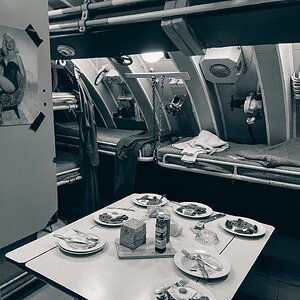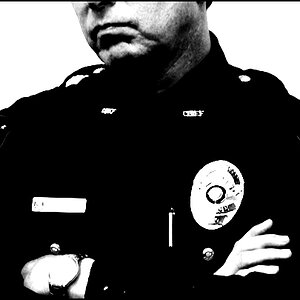Ryan Piggott
TPF Noob!
- Joined
- Oct 19, 2009
- Messages
- 54
- Reaction score
- 0
- Location
- Folsom CA
- Can others edit my Photos
- Photos OK to edit
I had 3 batteries for my D70s at the very beginning, then 1 quickly died and wouldn't charge or give off any energy at all. Just recently my second battery did this as well, but it will last a whopping 1 minute unlike the other completely dead one.
Now i am down to one battery. Sometimes before going on a trip i will pop it on the charger knowing that i used the camera a little bit, and i didn't want the battery to die on the trip.
Is it bad to top off a battery if it isn't dead, or if it still has 3 bars?
Now i am down to one battery. Sometimes before going on a trip i will pop it on the charger knowing that i used the camera a little bit, and i didn't want the battery to die on the trip.
Is it bad to top off a battery if it isn't dead, or if it still has 3 bars?



![[No title]](/data/xfmg/thumbnail/40/40288-4d5d7a8aa74ddfceb5fb82062d9b21be.jpg?1619739409)
![[No title]](/data/xfmg/thumbnail/40/40286-86401b94de8b01bea8bb4ea154aaea0a.jpg?1619739408)








